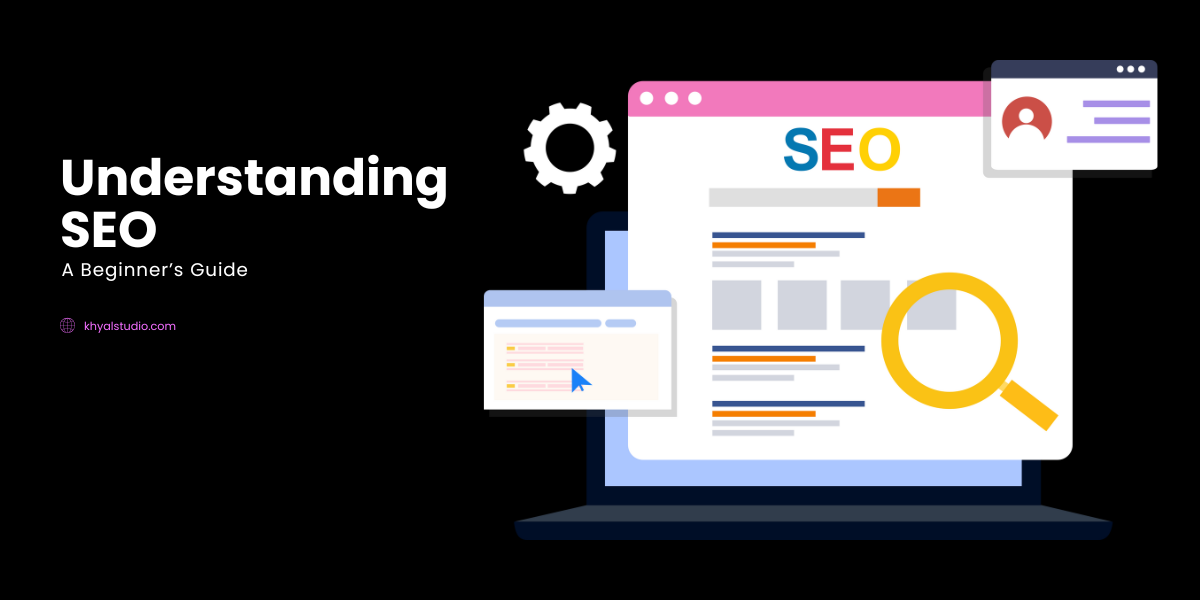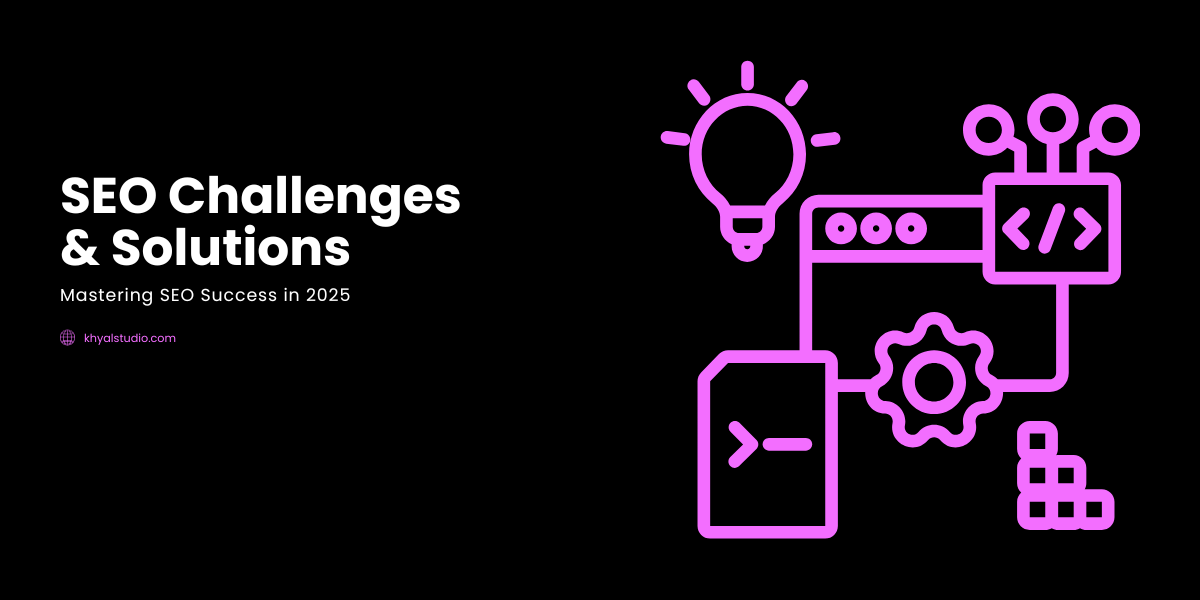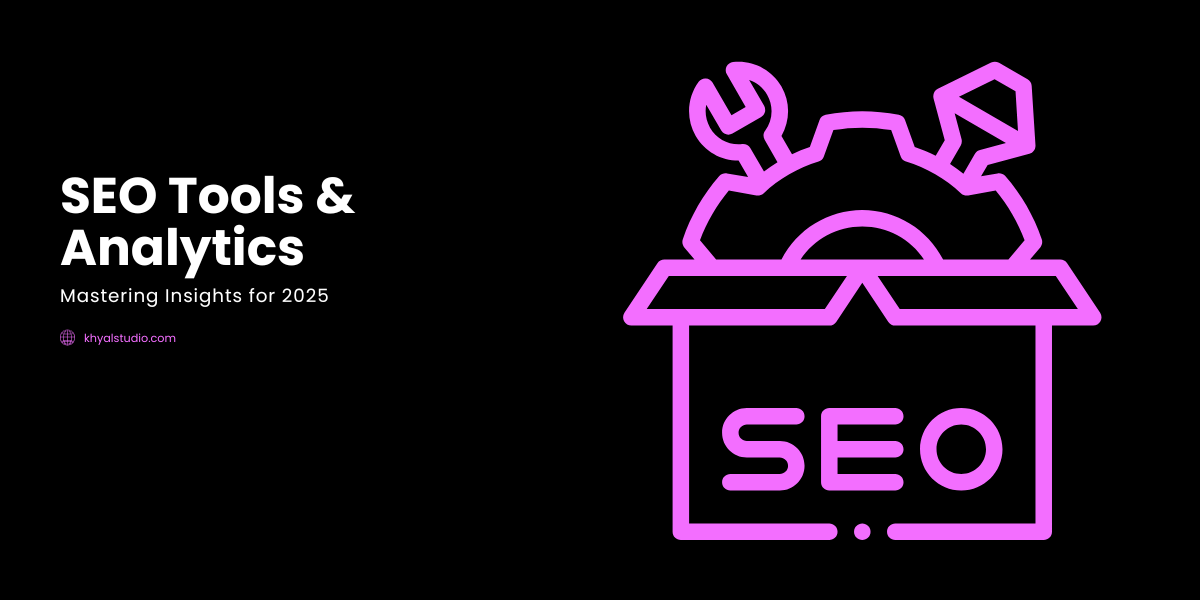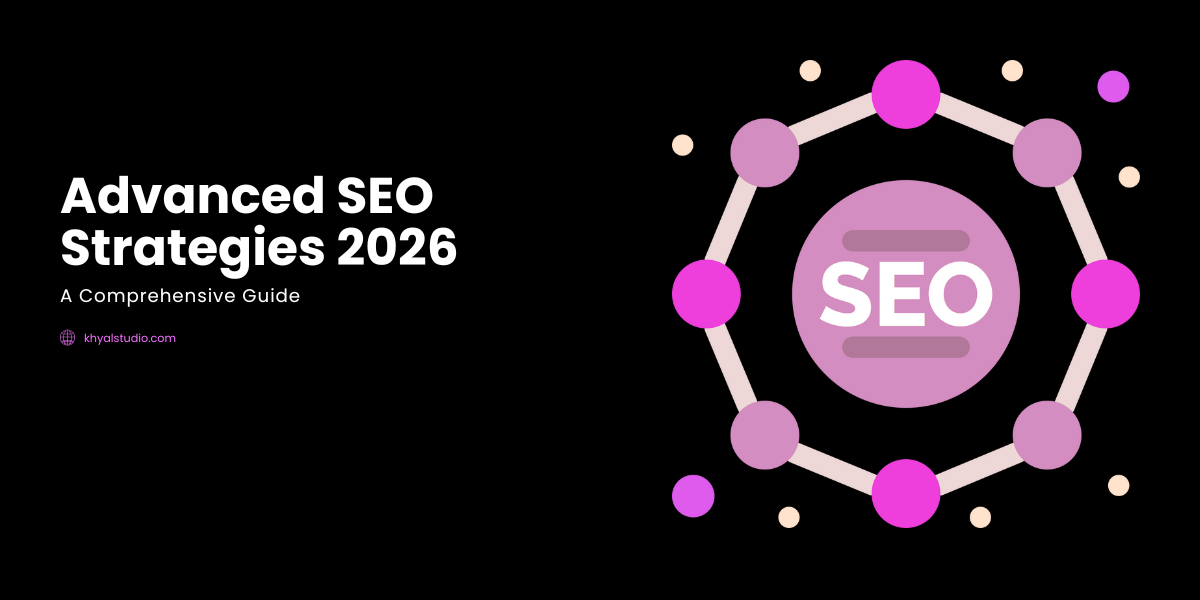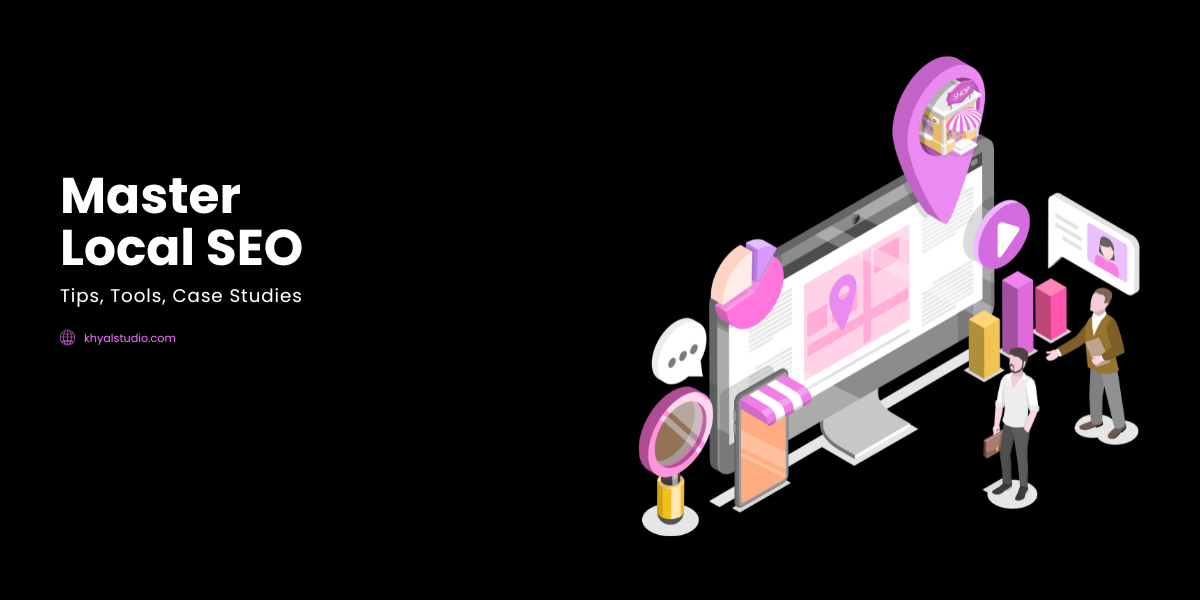In today’s digital age, getting found online is essential for any business or individual looking to establish an online presence. Search Engine Optimization, or SEO, is one of the most powerful tools to increase online visibility.
For beginners, SEO might seem like a complex web of technical jargon and algorithms. However, with a bit of understanding and the right strategies, anyone can start to improve their SEO and attract more traffic.
This guide breaks down SEO fundamentals to give beginners a clear, actionable understanding of how SEO works and how to apply it.
What is SEO?
SEO stands for Search Engine Optimization. It is the process of optimizing a website or online content to rank higher on search engines like Google, Bing, Yahoo, and from now on search GPT, Gemini, and other AI based chat apps.
When people search for terms related to your business or topic, SEO determines how likely they are to find your website on the results page. Essentially, good SEO increases the visibility of your website, attracting more visitors and potential customers.
Why is SEO Important?
With millions of websites on the internet, getting noticed can be challenging. Studies show that users are more likely to click on the top results displayed on a search engine page, rarely scrolling past the first few results.
By improving SEO, a website becomes more visible, potentially leading to higher traffic, better engagement, and increased conversions or sales.
For businesses, strong SEO can mean a competitive edge, allowing them to reach a larger audience than competitors who may not optimize their sites as effectively.
Key Components of SEO
SEO comprises several core components that work together to boost a site’s search engine ranking:
Keyword Research
Keywords are the specific terms and phrases that users type into search engines when looking for information. Identifying the right keywords related to your content or business is crucial.
Beginners can use tools like Google Keyword Planner to find keywords with high search volumes but moderate competition.
Once identified, these keywords should be strategically placed within the website’s content to help search engines understand the topic of each page.
On-Page SEO
On-page SEO refers to optimizing individual pages on a website. It includes using keywords naturally in titles, headers, meta descriptions, and body text.
Structuring content with header tags (like H1, H2, H3) also helps search engines understand the organization of your content, improving readability and boosting rankings.
Image optimization and including descriptive alt text can further enhance on-page SEO, especially as search engines are better able to index and rank visual content.
Off-Page SEO
Off-page SEO focuses on improving a site’s authority through external links from other reputable websites.
When high-quality websites link back to your site (known as backlinks), search engines interpret this as a signal that your site is trustworthy and relevant.
Building backlinks can be done through guest posting, partnerships, and creating content others want to share. For beginners, focusing on creating shareable, valuable content is a strong start.
Technical SEO
Technical SEO is the behind-the-scenes work to ensure that a website functions properly. It involves optimizing the site’s speed, ensuring mobile compatibility, fixing broken links, and setting up a clean site structure.
Google prioritizes user experience, so websites that are fast, mobile-friendly, and easy to navigate tend to rank higher. Beginners can use tools like Google PageSpeed Insights, Chrome Lighthouse, or GTmetrix to check their site’s technical health.
Content Creation
Content is at the core of SEO. Regularly posting high-quality, informative, and engaging content increases a site’s chances of ranking for relevant keywords.
Content can include blog posts, articles, infographics, videos, or case studies. The key is to provide value to the audience. For example, a beginner’s guide on a specific topic, like SEO, can attract traffic from users interested in learning more.
SEO Best Practices for Beginners
Here are some beginner-friendly tips for improving SEO:
- Start with Keyword Research: Always begin by researching keywords related to your topic. Use tools to identify keywords with high search volume and moderate competition.
- Optimize Meta Tags: Write clear and compelling meta titles and descriptions for each page. Meta tags are the snippets that appear on the search results page, giving users a preview of the page content.
- Focus on Quality Content: Create content that answers your audience’s questions or provides value. Search engines favor comprehensive, helpful content.
- Build Backlinks Gradually: Aim to earn backlinks from reputable sites. Quality over quantity is important here; a few high-quality backlinks are better than many low-quality ones.
- Improve Site Speed and Mobile Friendliness: Ensure your site loads quickly and is optimized for mobile devices, as these are important ranking factors.
Tools to Get Started
Many tools can help beginners with SEO, from keyword research to performance tracking:
- Google Keyword Planner: Free tool for keyword research.
- Google Analytics: Provides insights into traffic and user behavior.
- Google Search Console: Tracks site performance on Google and provides alerts for issues.
How Long Does SEO Take?
One important aspect to understand about SEO is that it’s a long-term process. Unlike paid advertising, where results are immediate, SEO improvements take time to manifest.
Typically, it can take anywhere from three to six months to see significant results. Patience, persistence, and consistent optimization are key to seeing long-term SEO success.
Final Thoughts: Start Small, Think Big
For beginners, SEO can feel overwhelming, but starting with small, manageable steps makes the process more approachable. Begin by learning about your audience, researching keywords, and creating valuable content.
As you gain confidence, explore technical SEO and backlink building. Remember, every improvement you make contributes to building a stronger online presence.
With time, dedication, and the right strategies, SEO can become a powerful tool for driving traffic and achieving online success.
If you’d like assistance with SEO for your business, Khyal Studio offers comprehensive SEO services to boost your online presence effectively. Learn more about our SEO offerings or Contact us for a free consultation today.

